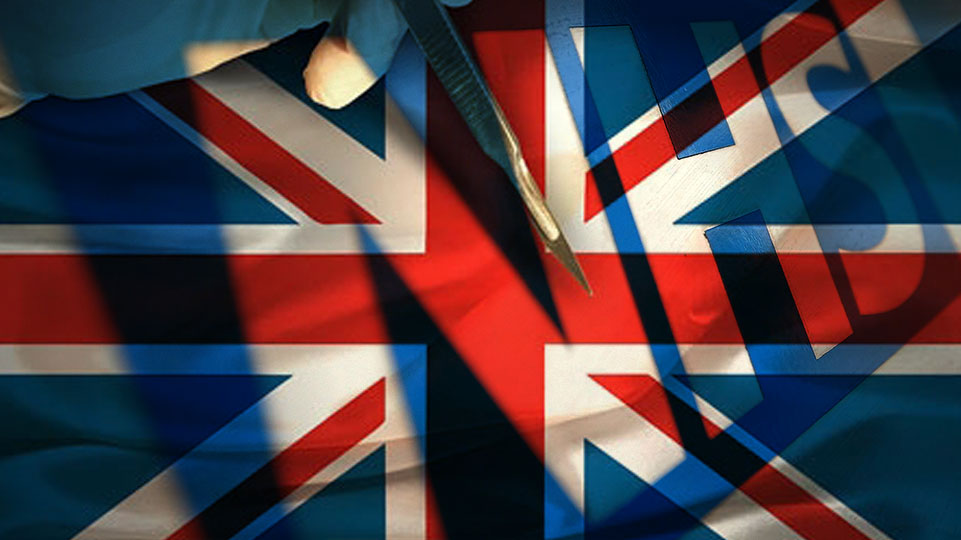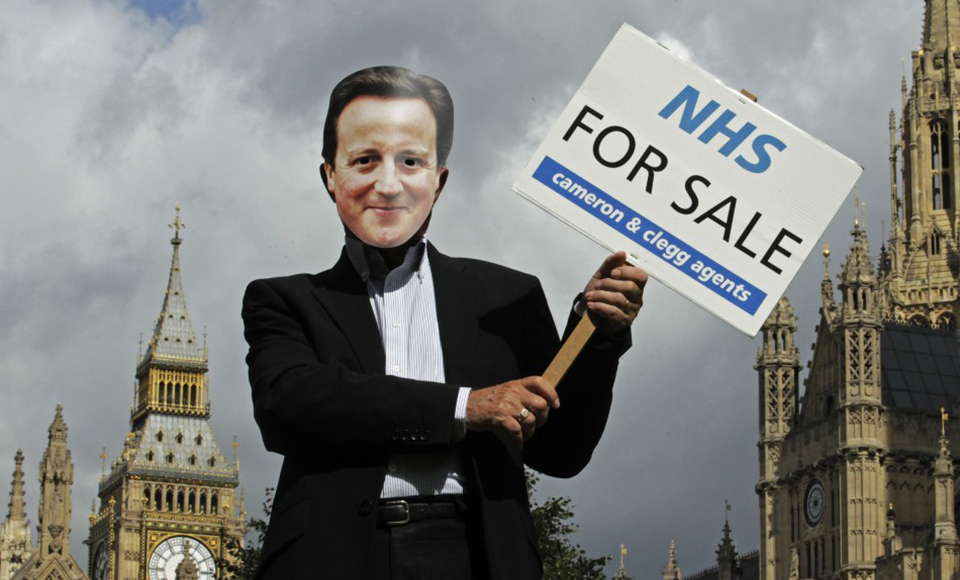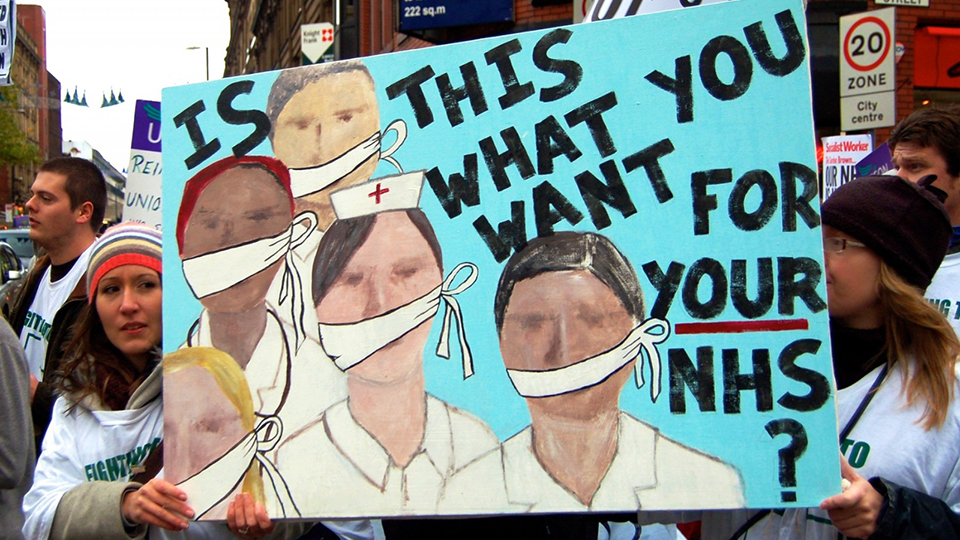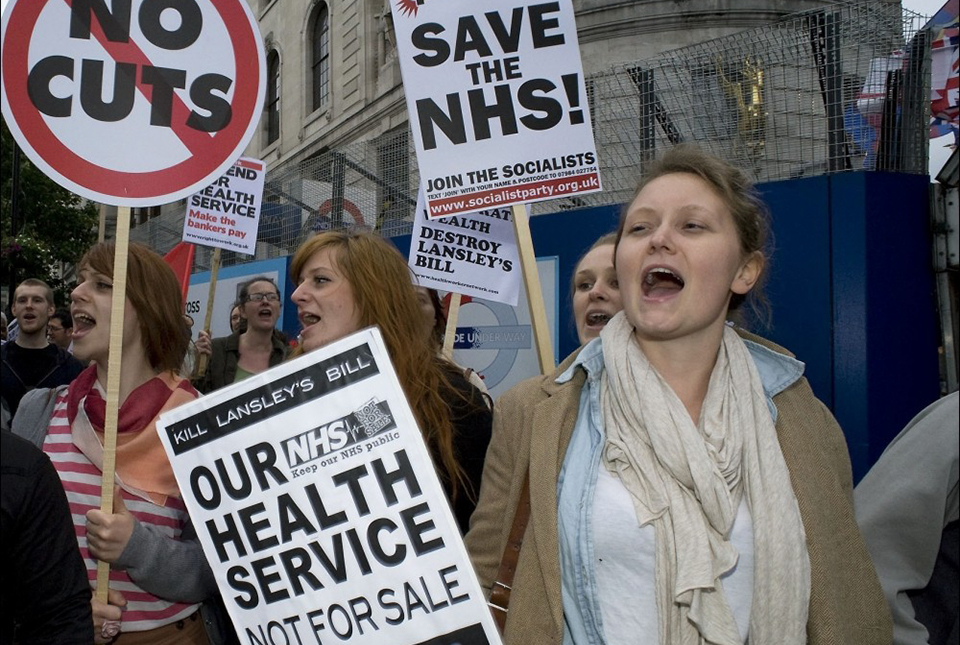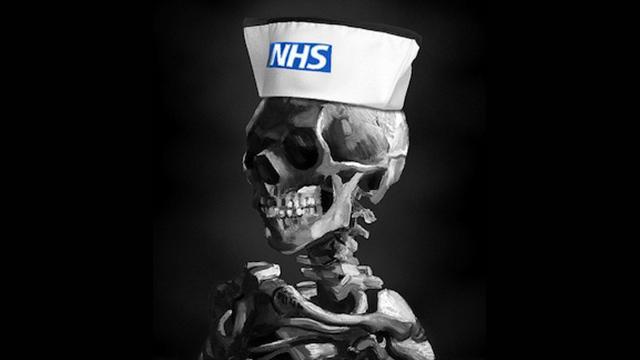
In April, my friend's 84-year-old mother fell and was rushed into hospital in the East Midlands of England. My friend was concerned that his mother, who suffers from the early stages of dementia, would be sent home prematurely without appropriate assistance. Sure enough, the same day she was admitted to hospital, Mrs. Barber was returned home. My friend is justifiably anxious about what support he's going to receive to care for his sick mother – and his story is only one of many highlighting the disgraceful conditions into which Britain's hospitals and the National Health Service (NHS) have fallen.
Medical Staff Cuts Leading to Healthcare Negligence
In 2013, an official NHS inquiry laid bare the current failings of the nation's health service. Investigators visited 21 hospitals run by 14 NHS trusts, which are public sector corporations that provide services on behalf of the NHS. The report revealed NHS wards are currently in such a bad state that during the inspections, investigators themselves felt compelled to shake off their impartiality and step in to help suffering patients.
In the wake of the investigation, which found that thousands of patients had died due to hospital negligence and poor care, 11 NHS trusts were placed into “special measures.” The report pinned the blame on inadequate staffing levels and concluded that the British hospitals they visited were “trapped in mediocrity.”
A Political Row
The debate quickly took the form of a political row as the coalition government blamed the previous Labour Government. Prime Minister David Cameron accused Labour of “covering up” NHS failings stretching back to 2005. But meanwhile, his own coalition government has made £20 billion ($34 billion) in state healthcare cuts. In 2013, the Department of Health disclosed that 4,620 front-line medical staff were made compulsory redundant between 2010 and 2011.
In addition, according to the opposition Labour's calculations, as of 2012 more than 3,500 nursing jobs had been lost and a further 2,500 put under threat since the coalition government came to power in May 2010.
Last fall, experts warned that as a result of an “unprecedented NHS-wide cash squeeze," one in three British hospitals could end up in major financial difficulty in the coming months.
Dr. Mark Porter, chairman of the British Medical Association, has spoken of the "damaging effects" that the NHS's £20 billion in “efficiency gains” is having on the U.K.'s healthcare system.

Britain's Mental Health Care Crisis
Meanwhile, mental health patients are being forced to travel long miles for care, further evidence of how Britain's health care cuts are hurting society's most vulnerable.
A BBC investigation in October revealed that over the past two years, mental health trusts have been forced to cope with cuts resulting in the loss of more than 1,700 beds. Consequently, mental health patients in England are having to seek treatment in NHS facilities often hundreds of miles away from their homes. Specifically, the number of patients traveling large distances for emergency treatment has more than doubled in two years – from 1,301 in 2011-12 to over 3,000 in 2013-14.
The country's health minister, Norman Lam, admits the lack of local treatment is “unacceptable.” But instead of targeting austerity cuts that were ushered in by the coalition government, the problems surrounding Britain's mental health care have been pinned on the cuts made to community services by councils, or local authorities.
As Lisa Rodrigues, chief executive of the Sussex Partnership NHS Foundation Trust, said in a statement: “Mental health services are a barometer of how the system is operating and if you remove some of the lower levels of support that people rely on to maintain their lives, it's not surprising that they'll present in crisis.”
A Storm of Opposition Surfacing
The declining conditions of U.K. medical care have evoked sharp criticism, especially in light of the bank bailouts. In one blog devoted to U.K. politics, author Tom Pride voiced his thoughts about the £20 billion NHS cuts.
“The government bangs on all the time about the need for fiscal responsibility,” writes Pride. “But how fiscally responsible is it for the coalition to subsidise big banks with £37.7 billion of taxpayers' money every year while at the same time insisting it has to make £20 billion of cuts to the NHS to balance the budget?”
Similar sentiments are being expressed across a wide segment of the British public, while leading charities have referred to the situation as scandalous and a disgrace.
In one cited case, a mental health trust was so desperate to find much-needed bed space that it spent £345,000 ($578,000) in 2013 placing patients in temporary bed and breakfast accommodation.
As one BBC reader wrote in response to the alarming figures, “The reason why the NHS and the welfare state were conceived was to alleviate massive inequality and create a stable society.”
“We now see that those at the top are prepared to sacrifice this for short term gain creating social unrest, poverty, misery and death for the vast majority of citizens.”
In 2012, as public opposition to the NHS reforms mounted, tens of thousands of people signed an online petition urging the coalition government to abandon the controversial cuts. An e-petition in circulation that winter attracted signatures at a rate of more than 1,000 an hour. Yet despite widespread anger from health professionals, patient groups and the general public, the Health Care Bill gained Royal Assent in March 2012, giving doctors and clinicians much more responsibility for spending the healthcare budget.
The NHS shake-up has since been dubbed one of the most radical plans in the history of the British health service.
Victims of Austerity
A more poignant example of the misery and social unrest stemming from the state healthcare cuts happened in 2013, when people placed thousands of white flowers in front of the U.K. parliament. As Occupy.com reported at the time, each flower marked a person with disability who had died in the wake of a work capability assessment.
The British government's decision to hand over healthcare testing to the private company Atos caused outrage amongst the British public. Campaigners cited the move as a means of eliminating vital state support once again for the people who need it most. Dr. Wood, a former disability assessor at Atos, blew the whistle on what he described as “cruel and unfair” assessments that were making “unwell patients more unwell.”
A 10,000 Cuts & Counting Ceremony honored the 10,000 people who died between January and November 2011 as part of the “inhumane” assessments that forced their removal from state support by Atos.
Meanwhile, Russia Today last month reported that the U.K.'s richest 100 people now own one-third of the country's wealth with their combined fortune of $874 billion – up more than 15% from last year.
3 WAYS TO SHOW YOUR SUPPORT
- Log in to post comments

